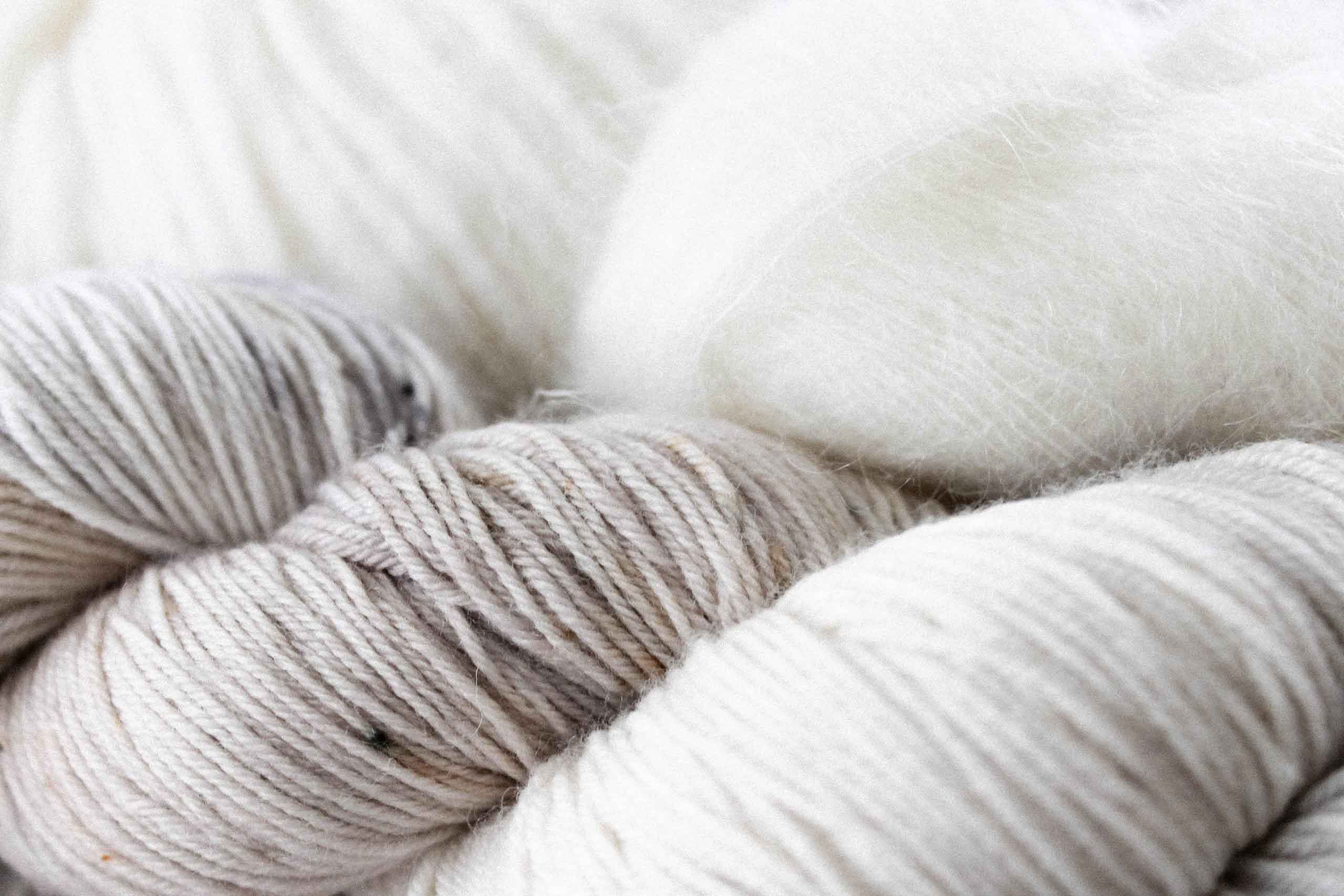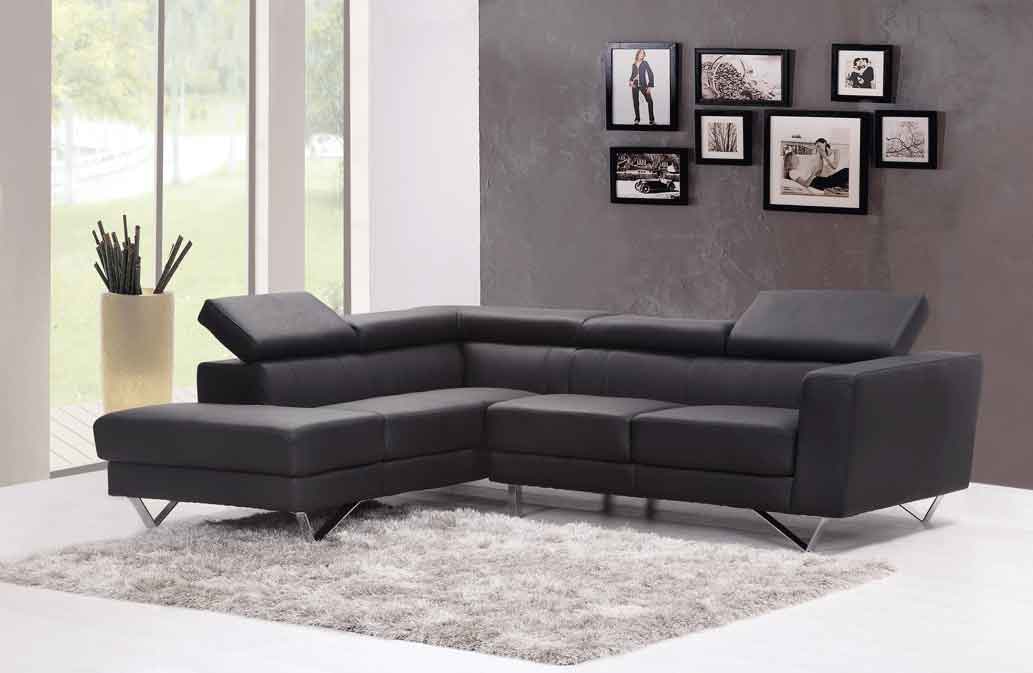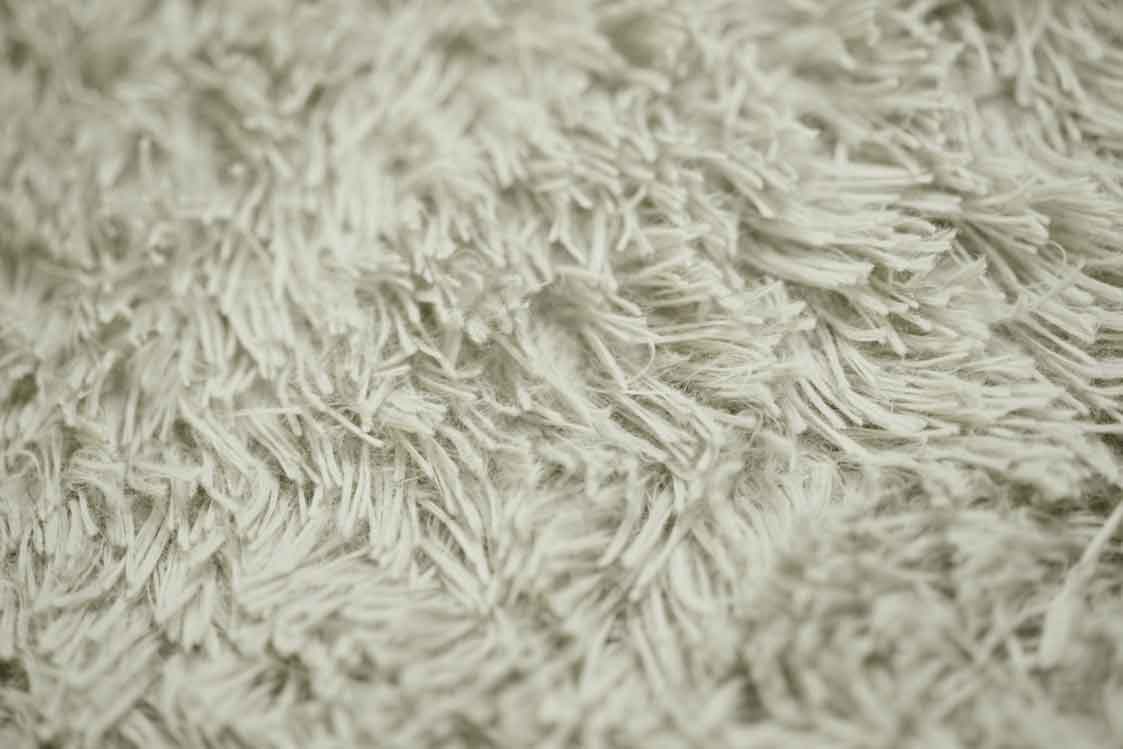Top Commercial Flooring Solutions in Auckland
Selecting the Appropriate Flooring for Your Auckland Business: A Guide
1. Durability and Maintenance
One of the most important factors to consider when choosing commercial flooring for your business is durability. Different businesses have different requirements, and the flooring material you choose should be able to withstand the wear and tear of your specific business needs. For instance, high-traffic areas, such as retail stores or lobby’s, require flooring materials that are strong enough to withstand heavy foot traffic. Similarly, factories and workshops may require more heavy-duty flooring options that can withstand heavy equipment and machinery.
Maintaining a commercial floor can be expensive and time-consuming, so it’s important to choose flooring materials that are easy to clean and maintain as well as being durable. For example, carpet might not be the best choice for a high-traffic area like a lobby where there is a high chance of it getting dirty and wet.. A better choice would be a smooth commercial sheet vinyl with a polyurethane finish which doesn’t require polishing, this is the go to option for healthcare facilities that require a rigorous cleaning schedule.
2. Safety
Another crucial factor to consider when selecting commercial flooring is safety. Safety should always be a top priority in any business setting. Slip-resistant flooring options are a must for businesses that are prone to wet conditions or spills, such as hospitality settings and retail stores. It’s important to choose flooring materials that meet the necessary safety standards, for restaurant kitchens and restrooms it’s common to use a commercial safety vinyl with an r10 or r11 slip resistance rating. Another example is nursing homes or retirement villages where a commercial carpet with a low tight pile is installed over a dense underlay, this creates a surface which is wheelchair friendly with an added layer of comfort over hard flooring alternatives.
3. Aesthetics
The appearance of the floor can play a significant role in the overall look and feel of your business. Choosing flooring materials that complement the aesthetics of your business is crucial. Corporate offices might want a more upscale and elegant look, while retail stores might opt for more vibrant and eye-catching flooring to attract customers. Office spaces tend to avoid hard flooring options as they’re colder, louder and less comfortable. Carpet tiles are the most common choice for larger offices as they’re cost effective, dampen sound and are very easy to replace if damaged. The current range of carpet tiles, sheet vinyl/vinyl planks and hard flooring on offer provide you’ll find a colour and design that will suit almost any commercial project.
4. Cost
The cost of the flooring material and installation is commonly the deciding factor when choosing between multiple options. It’s important to choose flooring materials that fit your budget without compromising on quality or durability. Let’s say for example you have the choice between carpet tiles, hybrid planks or polishing the concrete subfloor in a busy retail store. Entry level carpet tiles might be the cheapest option at a glance but with high foot traffic these will experience wear and tear much quicker and be harder to keep clean than the other 2 options. Hybrid planks are fit for purpose but for longevity and easier maintenance sealing or polishing the concrete would be the best option. This is why you should always keep in mind that investing in a durable, high-quality flooring material may save you money in the long run by reducing maintenance and replacement costs.
5. Environmental Impact
When choosing commercial flooring, there are other factors to consider besides the ones mentioned above. Sustainability is becoming an increasingly important consideration for businesses, choosing eco-friendly materials can help reduce your business’s carbon footprint and encourage manufacturers to transition to eco-friendly options. Within each flooring type you can find products that use environmentally friendly materials and create less waste. Some manufacturers use recycled plastics in the construction of their carpet tiles, some even use fishing line from ocean waste. Additionally, there are now sheet vinyl options made from recycled vinyl, these ranges can then be recycled again at the end of their life which considerably reduces the demand on our natural resources. Engineered timber is made from renewable resources and helps to take carbon out of the atmosphere.
Conclusion
Choosing the right commercial flooring for your business is essential for creating a safe, durable, and aesthetically pleasing environment. By considering factors such as durability, safety, maintenance, aesthetics, and cost, you can make an informed decision that meets the unique needs of your business and if you want to make an eco-friendly choice for your next flooring project, just let us know and we’ll point you in the right direction.
At John Jarvis Carpet & Flooring, we offer a wide range of commercial flooring options that can help you create the perfect solution for your business in Auckland. Contact us today to learn more.
Read More Blog Posts
Choosing the right carpet – Synthetic Vs Wool
The decision of which type of carpet to choose for your home comes down to personal choice. Here we outline the features and benefits of both wool and synthetic carpet.
Carpeting Your Home – What’s The Process?
First things first – we will come and measure the area required for new carpet, at the same time we can give advice on the type of carpet – eg wool or synthetic; price level and colour, and we’ll bring samples for you to choose from.
Choosing the right carpet – Cut pile vs Loop pile
Cut pile carpet is created when the fibre loops are cut. When the yarn loops are cut, the result is an upright pile (see diagram below) and the ends of the carpet fibre are exposed.



